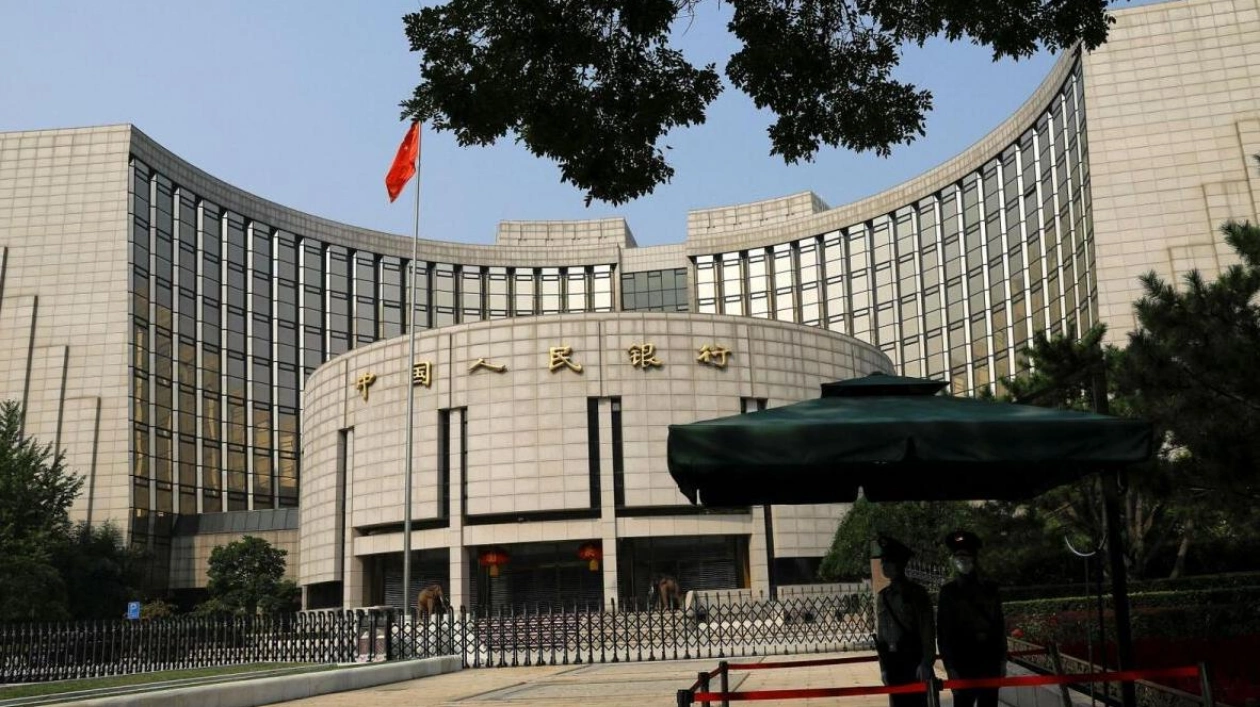Several Chinese regional banks have experienced a significant increase in investment income during the first half of the year, despite challenges in their primary lending operations due to a struggling economy and sluggish monetary policy effectiveness. This has led these banks to focus more on bond trading.
Chinese lenders continue to confront issues such as narrow profit margins and low loan rates, despite government efforts to stimulate the economy amidst a real estate crisis and weak consumer spending. Rural commercial banks, which are meant to support small businesses through lending, are now allocating more funds to bond trading and other financial assets, indicating a shift away from their core purpose. Investors, both institutional and retail, are also flocking to bonds, leading to concerns from regulators about a potential market bubble.
Financial reports from banks like Suzhou Rural Commercial Bank and Zhangjiagang Rural Commercial Bank show that their investment income surged by 116% and 176% respectively in the first half of the year compared to the same period last year. In contrast, their net interest income, which is their main source of revenue, fell by 7% and 12% respectively. Investment income now accounts for approximately 30% of total revenue for both banks, significantly higher than the low teens in 2021. The banks' reports suggest that the primary factor driving this increase in investment income is the sale of debt investments and financial assets held for trading purposes.
Elaine Xu, Director of Asia-Pacific Financial Institution at Fitch Ratings, noted that rural commercial banks, particularly those in economically weaker regions, are facing more significant challenges in asset quality and profitability. Loan growth for many of these banks has slowed considerably this year due to reduced loan demand and increased competition from larger banks, which are increasingly dominating lending to micro-small enterprises. These challenges have forced some banks to adopt a more aggressive approach in trading investments to mitigate the squeeze on net interest margins, according to Xu.






